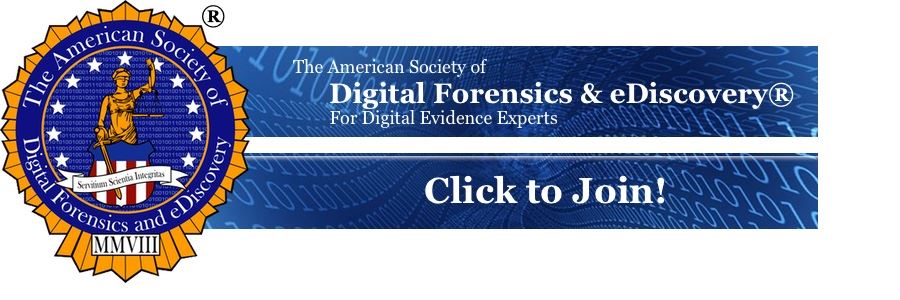-
-
Cyberstalking Introduction
-
Cyberstalking IntroductionCyberstalking is using technology to harass, intimidate, or threaten someone online, which takes the form of harassing emails, social media posts, or repeated unwanted messages. It is a growing problem in the digital age, as the anonymity and distance provided by the internet make it easier for stalkers to engage in their behavior. Federal laws that address cyberstalking include the Electronic Communications Privacy Act (ECPA) and the Computer Fraud and Abuse Act (CFAA). The ECPA makes it illegal to intercept electronic communications without the recipient's consent, while the CFAA makes it unlawful to access a computer without authorization. In addition to federal laws, several states have also passed legislation to address cyberstalking. For example, California has a law that specifically addresses cyberstalking, making it a criminal offense to use electronic communication to harass or threaten someone. In New York, the penal code defines stalking as engaging in conduct that causes a person to feel fearful for their safety, which applies to cyberstalking.
Recent examples of cyberstalking include the case of Lauren Audrey Taylor, a woman whose ex-boyfriend repeatedly harassed her through email and social media. Despite a restraining order against him, the harassment continued, leading Taylor to seek the help of law enforcement. Another example is the case of Danielle Roberts, who was cyberstalked by an ex-partner who created fake social media accounts to harass her. Roberts eventually obtained a restraining order against the stalker and brought criminal charges against him. Cyberstalking can have severe consequences for the victim, including emotional distress, loss of privacy, and even physical harm. Victims need to report any incidents of cyberstalking to law enforcement, as well as to take steps to protect themselves online, such as changing passwords, blocking the stalker's account, and seeking the help of a support group or mental health professional. In conclusion, cyberstalking is a severe problem becoming increasingly common in the digital age. Both federal and state laws are in place to address this issue, but victims need to protect themselves and report any cyberstalking incidents to law enforcement. By working together, we can help reduce the incidence of cyberstalking and keep the internet safe for everyone. |

